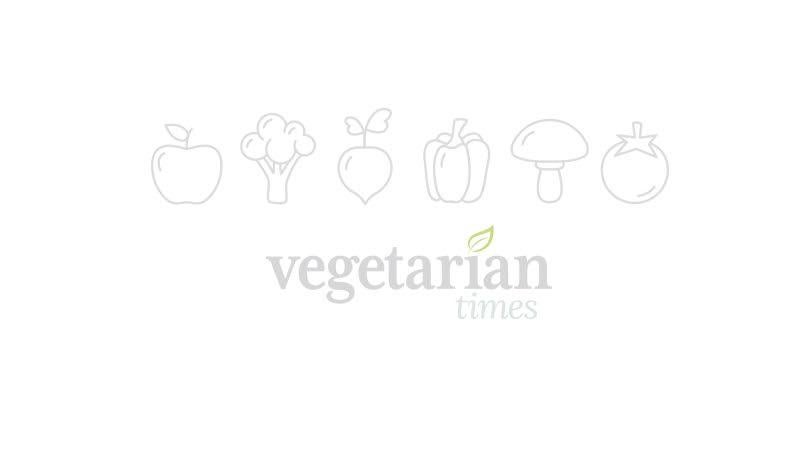Carrot & Stick: July/August 2009

Carrot To
Gainesville, Fla., for becoming the first U.S. city to adopt a feed-in-tariff program to promote green power. Under FIT, solar panel owners sell the electricity they generate back to the grid at a fixed, above-market price—in this case, 32 cents per kilowatt-hour—guaranteed for the next 20 years.
As an incentive program, FIT offers a much higher payout than the net-metering system commonly adopted in the United States, in which solar panel owners sell surplus electricity to the grid. With FIT, owners sell all their solar-generated energy at a premium price. Spread across all grid users, the increase for each customer to cover FIT costs is nominal. Gainesville Regional Utilities estimates that utility bills will increase less than a dollar per month, and so far no one is squawking. According to a 2008 survey, a majority of GRU customers judged access to solar power worth the minimal bump in their monthly bill. In fact, as of March 1, GRU had received enough applications to cover FIT’s allotted power capacity (4 megawatts per year) for 2009 and 2010.
Stick To
The Great British Circus, for reintroducing elephants to its show after more than a decade pachyderm-free. The debut of Sonja, Delhi, and Vana Mana in Nottinghamshire, England, in February kicked off GBC’s eight-month tour—and a firestorm of protest by animal rights groups. “It is deeply frustrating to know that animal welfare legislation in this country does not extend to circuses, which compromise the welfare of the animals so seriously,” says Lis Key of International Animal Rescue. IAR has partnered in its protests with the Captive Animals’ Protection Society, a U.K. organization dedicated to banning the use of wild animals in circuses.
GBC imported the elephants after a 2007 U.K. government report finding that “there appears to be little evidence to demonstrate that the welfare of animals kept in travelling circuses is any better or worse than that of animals kept in other captive environments.” In its rush to book the elephants, GBC apparently breezed by the report’s additional finding that “the present situation is acting against the interests of the animals involved.”